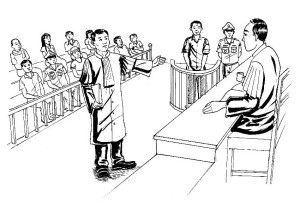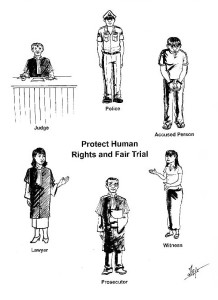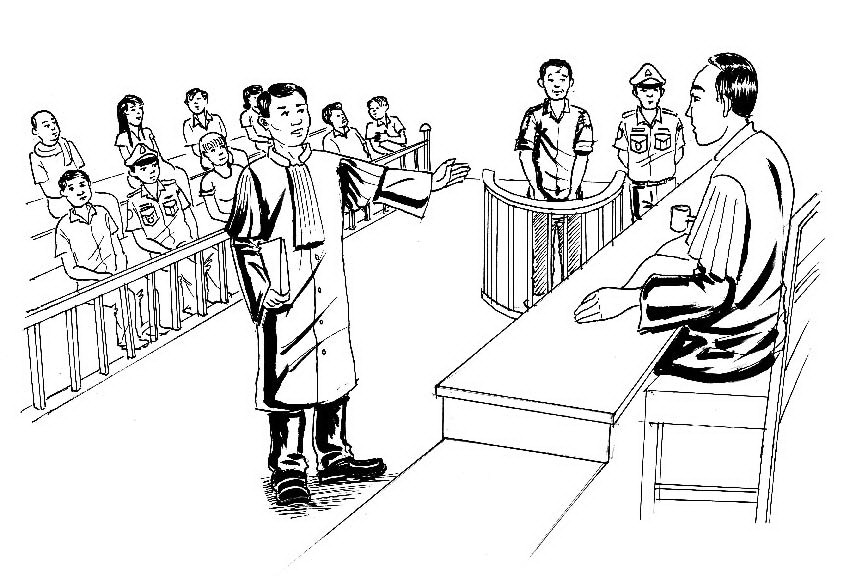Ann, BABSEACLE & BABSEACLE Foundation Legal Fellow
Over the course of my two-year legal fellowship with BABSEACLE and BABSEACLE Foundation, I’ve learned students have the ability to bring strength to the community through legal education. Students are developed into experts in the field while helping to make people aware of their legal rights and access assistance. The value of leg al knowledge and skills are invaluable when used to help people understand how the law works, how it can protect them, and how they can resolve such problems with or without the assistance of lawyers.
al knowledge and skills are invaluable when used to help people understand how the law works, how it can protect them, and how they can resolve such problems with or without the assistance of lawyers.
In weekly community teachings and legal classes for single mothers, I’ve tried to find a way to explain the law in simple terms, while demonstrating its real-life application. Lack of education and language pose the most significant barriers; some women didn’t know what a court or judge were or why a scale represents the justice system and a gavel represents a judge. It is a constant reminder as to why I have to be very clear and take my time. Illustrations are needed to display reality so that single mothers know what happens in the real world and can apply it to their lives when they leave Wildflower. Moreover, role-play needs to involve realistic props and short films/role-play videos are essential when there is no intern or volunteer involved in the teaching.
Legal ethics workshops have taught me how to identify numerous barriers to justice and understand how these barriers obstruct marginalized people from accessing social justice. Community and work experience has showed me the importance of promoting pro bono work, as I believe that most law students choose to study the law with the intention of helping others. However, many have never had the opportunity to work for people who are in need of le gal assistance and can’t afford it. I greatly appreciate the fact that CLE brings legal assistants, law students, lawyers, and legal professionals to communities who have no idea of where they can start seeking help.
gal assistance and can’t afford it. I greatly appreciate the fact that CLE brings legal assistants, law students, lawyers, and legal professionals to communities who have no idea of where they can start seeking help.
The use of legal knowledge is only effective when accessible; legal professions, legal educators, law students, legal clinics, and whoever is able to provide legal aid must approach vulnerable communities. Although we work with a small community, I feel like what we do is very big. Our work doesn’t benefit any group in particular and its impact is widely felt. Although a small organization, we feel that by having a big mission and looking at the big picture, we can make a big difference. In term of pro bono work, law students, lawyers, legal educators and other legal professionals play different societal roles but remain connected. Unfortunately, each section doesn’t always understand the importance of collaboration, as they often work separately and fail to value volunteer work as much as professional duties.
I am now able to clearly see how clinical legal education relates to access to justice, and not only the improvement of legal education or the Trio For Justice (also known as the Run for Justice).

